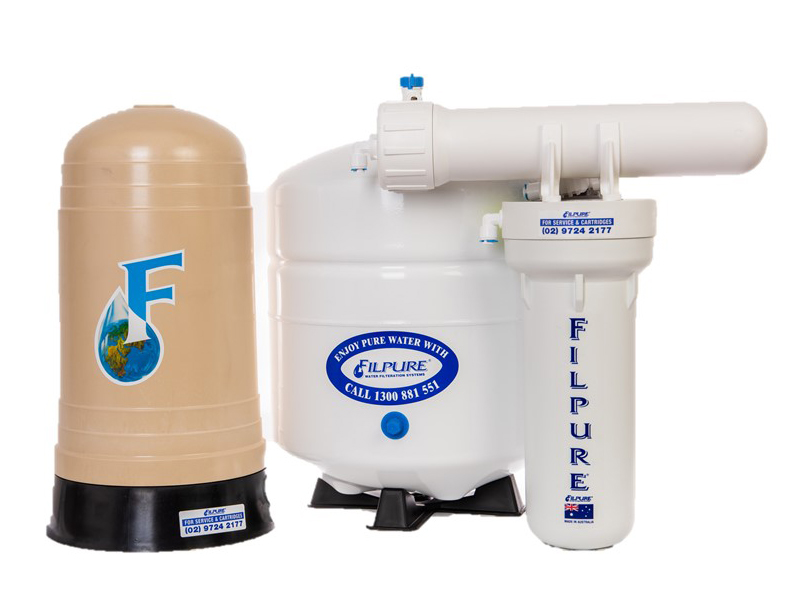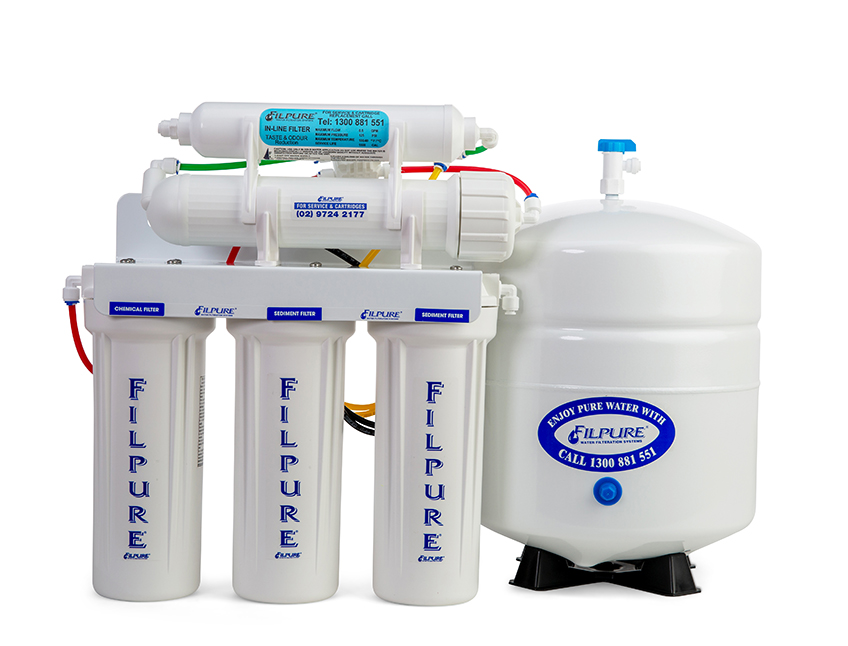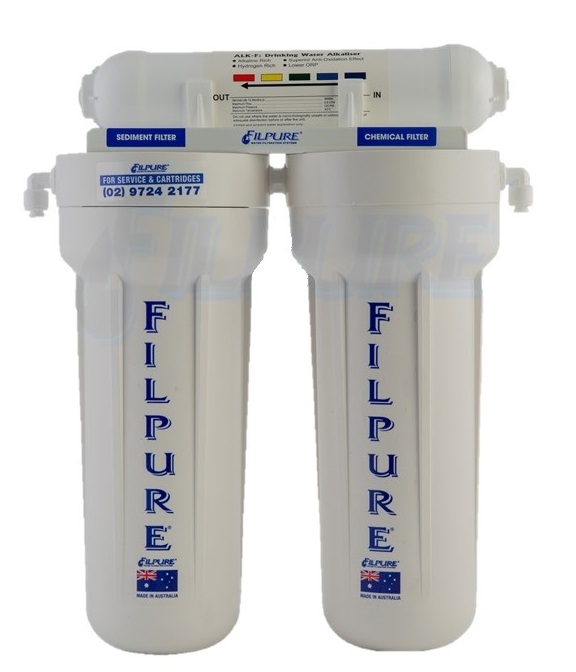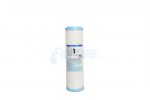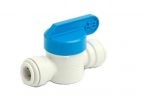GENERAL INFORMATION AND RECOMMENDATIONS OF WATER FILTRATION SYSTEMS
- Best water filter for home use:
-
- The best water filter for home use varies depending on specific needs (e.g., removing contaminants, improving taste). Popular choices include the Cheap Brita Pitcher for basic filtration, the Twin under sink filter system for filtration, and the Filpure 6-Stage Reverse Osmosis System for comprehensive filtration.
- Best reverse osmosis system 2024:
-
- Top-rated water filters include the Brita Longlist Pitcher, the PUR Faucet Mount, the Berkey Gravity Filter, and the Filpure 5-Stage Reverse Osmosis System. These filters are known for their reliability and efficiency in removing a wide range of contaminants.
- Water filter reviews and ratings:
-
- Reviews and ratings can be found on websites like Consumer Reports, Google, and Amazon. These platforms provide detailed user experiences and expert analyses to help consumers make informed decisions.
- Which water filter is best for my home?:
-
- The best water filter depends on your specific needs, such as contaminant removal, water source (municipal or well), and budget. For general use, a reverse osmosis system offers comprehensive filtration, while a carbon filter pitcher is suitable for basic needs.
Types and Features:
Different types of water filters:
-
- Common types include activated carbon filters, reverse osmosis systems, UV purifiers, gravity filters, and water distillers. Each type targets different contaminants and has unique installation and maintenance requirements.
- Reverse osmosis vs. water filter:
-
- Reverse osmosis systems use a multi-stage filtration process to remove a wide range of contaminants, including dissolved solids, whereas standard water filters (like carbon filters) typically remove larger particles and certain chemicals but not dissolved solids.
- Under sink vs. countertop water filter:
-
- Under sink filters are installed beneath the sink and connect directly to the water line, offering a more permanent solution. Countertop filters are easier to install and move but might take up counter space.
- Benefits of reverse osmosis:
-
- Benefits include the removal of up to 99% of contaminants, including heavy metals, chemicals, and dissolved salts. It also improves taste and odor.
- What contaminants does a reverse osmosis system remove?:
-
- Reverse osmosis systems remove contaminants like lead, arsenic, fluoride, chlorine, nitrates, and many others, making the water safe and clean for drinking.
Specific Needs:
Water filter for lead removal:
-
- The Filpure Reverse Osmosis are effective at removing lead from water.
- Water filter for well water:
-
- For well water, a system like the Filpure’s BWH-3, 3-Stage Complete Whole House Water Filtration System is recommended as it can handle heavy metals, sediment, and other common well water contaminants.
- Water filter for hard water:
-
- A water softener system, such as the Fleck 5600SXT, is best for hard water. It removes calcium and magnesium ions responsible for water hardness.
- Water filter for fluoride:
-
- Reverse osmosis systems and specific filters like the Clearly Filtered Water Pitcher are effective at removing fluoride from water.
- Alkaline water filter benefits:
-
- Alkaline water filters add minerals to water to increase its pH, which can help neutralize acid in the body, improve hydration, and provide antioxidants.
Installation and Maintenance:
How to install a reverse osmosis system:
-
- Installation involves connecting the system to your water supply under the sink, installing the storage tank, and attaching the faucet. Detailed instructions are usually provided by the manufacturer, and many offer video tutorials.
- Do I need a professional to install my water filter?:
-
- While many systems can be installed by a competent DIYer, more complex systems (like whole house or reverse osmosis systems) might benefit from professional installation to ensure proper setup and avoid potential leaks.
- How often to change water filter cartridges:
-
- This varies by system and usage but generally ranges, to every 6-12 months for under sink and reverse osmosis filters. Manufacturer guidelines should be followed for specific recommendations.
- Maintenance tips for reverse osmosis systems:
-
- Regularly check for leaks, replace filters and membranes as recommended, sanitize the system annually, and monitor water quality to ensure the system is functioning correctly.
- Common issues with reverse osmosis systems and how to fix them:
-
- Common issues include low water pressure (check the tank bladder or pre-filters), bad taste or odor (replace filters), and leaks (tighten connections and replace worn parts). Regular maintenance helps prevent these problems.
Cost and Value:
How much does a reverse osmosis system cost?:
-
- Costs range from $795 to $1900 for home systems, depending on features, brand, and stages of filtration. Installation and maintenance add to the overall expense.
- Are expensive water filters worth it?:
-
- Expensive filters often provide better Purification, longer-lasting materials, and additional features. Whether they are worth it depends on individual needs, budget, and the specific contaminants in your water supply.
- Cost comparison of different water filters:
-
- Pitcher filters are the least expensive ($20-$50), faucet filters range from $20-$70, under sink systems cost $290-$700, and reverse osmosis systems can cost $795-$1900 or more. Whole house systems typically range from $900 to over $2000.
- Cheap but effective water filters:
-
- The Brita Longlast Pitcher, PUR Faucet Mount, and Sawyer Mini Water Filter are affordable options that effectively remove some contaminants.
- Long-term cost of maintaining a reverse osmosis system:
-
- Long-term costs include replacing pre-filters (every 6-12 months, $20-$40), the RO membrane (every 2-3 years, $120-$169), and post-filters (annually, $55-$75). Annual maintenance costs range from $149 to $200.
Health and Safety:
Is reverse osmosis water safe to drink?:
-
- Yes, reverse osmosis water is safe to drink and free from harmful contaminants. However, it may lack some beneficial minerals, which can be reintroduced with a remineralization filter if desired.
- Health benefits of filtered water:
-
- Filtered water can reduce exposure to harmful contaminants, improve hydration, and often tastes better, encouraging increased water intake.
- Does reverse osmosis remove essential minerals?:
-
- Yes, reverse osmosis removes both harmful contaminants and essential minerals like calcium and magnesium. Some systems include remineralization stages to add beneficial minerals back into the water.
- Bottled water vs. reverse osmosis water:
-
- Reverse osmosis water is often cleaner and more cost-effective in the long run compared to bottled water and does not have micro-plastics in it. It’s also environmentally friendly by reducing plastic waste.
- Environmental impact of reverse osmosis systems:
-
- While RO systems waste some water (typically 3-4 gallons of wastewater per gallon of filtered water), they are more sustainable than bottled water. Newer systems are more efficient, and wastewater can be repurposed for non-drinking uses.
Brand Specific Queries:
Best brands for water filters:
-
- Renowned brands include Brita, PUR, Berkey, APEC, Filpure. These brands are known for their quality, reliability, and effective filtration.
- Filpure vs. Brita water filter:
-
- Filpure offers more comprehensive filtration systems, including whole house and under sink options, while Brita is well-known for its convenient and affordable pitcher and faucet filters. Choice depends on specific needs and budget.
- Filpure water filter review:
-
- Filpure water filters are praised for their high capacity and ability to remove a wide range of contaminants, including chlorine, chloramines, and sediment. They offer both whole house and under sink systems.
- Filpure reverse osmosis system reviews:
-
- Filpure Reverse Osmosis are known for their ability to remove nearly all dissolved solids, making them highly effective but often requiring more frequent filter changes. PUR filters are effective at removing some contaminants like sediments and chlorine, with longer filter life and lower cost.
If you need more detailed information on any specific question, feel free to ask us at Filpure water filtration systems


